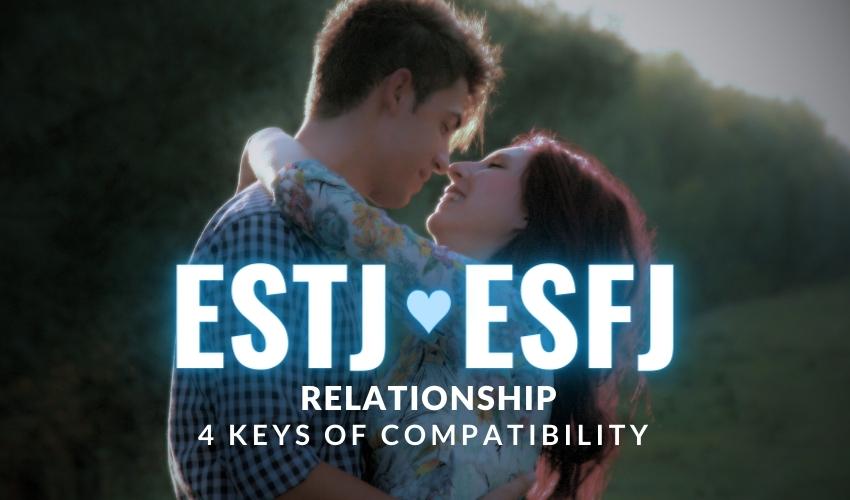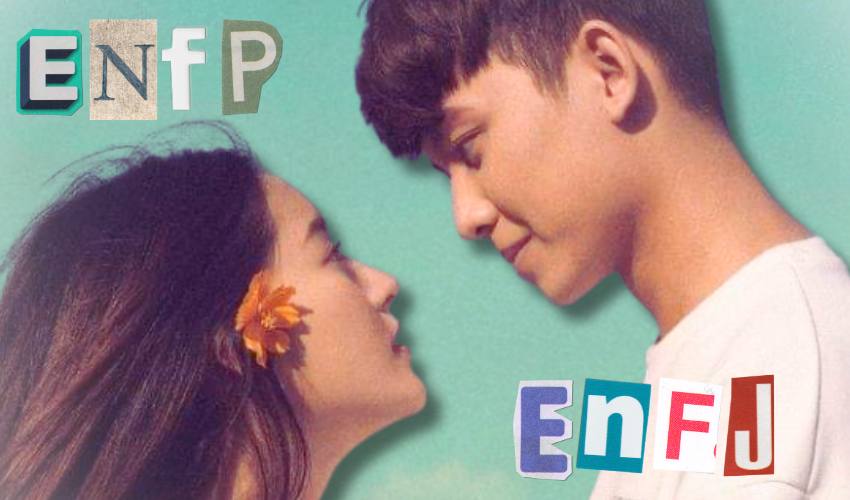Grieving is one of those unfortunate things that most of us will eventually experience at some point in our lives. The grieving process varies from person to person so here is a look at how each MBTI type is likely to deal with their despair.
INFJ
INFJs offer their shoulder for others to cry on, but they often deal with their own grievances privately. To other people, INFJs can seem to have it together and are able to deal with tragedy remarkably well. INFJs can put on a strong face that belies the distress they feel inside. They like to talk things out though and doing so can do much to assuage their sorrow. INFJs may try to focus on learning from the memories of that person but not dwell on it. They will try to keep the spirit of that person alive in their hearts and sometimes envision how life might be different 5, 10 years from now if they were still around.
INFP
INFPs can become deeply scarred and traumatized by tragedy and loss. It can leave a lasting impression on their mind and heart and the healing process can take a lot time. INFPs may seek relief through some creative outlet especially that of writing where they can express through words what they are feeling and going through. Poetry and journaling can be an effective and cathartic means of therapy and may even fuel some of their most impassioned work. Sometimes, INFPs may wallow in their sorrow for maybe too long in a self indulgent and melodramatic way.
INTJ
In the midst of a great personal loss, INTJ may withdraw and become markedly sullen while they process their emotions and assess what they should do. INTJs don’t much care to divulge to others what they are experiencing emotionally and the condolences of others may be of little consolation to them. The INTJ may immerse themselves in a period of deep reflection during which they may go down an existential rabbit-hole reassessing their own life purpose and may try to placate themselves by researching and making sense of the events and circumstances surrounding their loss.
INTP
Because they do not form close connections with very many people in and around their lives, INTPs are less likely to experience much grief. Their attitude and response is mostly surprise and sadness but underscored by acceptance and understanding of the fact that it is something beyond their control. INTP may focus on the positive and moving forward while trying to be respectful and sensitive to other people’s grief. INTPs see no point in feeling sorry for themselves. If anything, it may revive a morbid existential curiosity in the meaning of life and the universe itself.
ENFJ
When grieving, ENFJ will actively seek the company of others. In despair they may have a tendency to fall into dark and negative thinking patterns where their fears and worries become overwhelming and depressing for them. They may try to distract themselves with group activities and clinging to the people they care about. They may want to feel extra close to them because their vision of life without the person they lost may be a powerful reminder for the fragility and preciousness of life itself.
ENFP
When the ENFP is grieving or upset, it will be apparent since they tend to wear their hearts on their sleeve. They are normally happy and engaging but in a state of grief may allow themselves to experience the pain and be awash in sorrow as part of their way of processing it. They may get hung up on some things like regret over what they did or didn’t do.Ultimately, try to focus on the positive and find something to be grateful for even when there is a lot to be sad about. They appreciate support and concern from family and friends much in the same way they show to them in their time of need.
ENTJ
ENTJs may not allow themselves much time for grieving. Instead they focus on what they can do and may feel frustrated if they felt they could have done something more than what they did to prevent their loss. ENTJs are pragmatic in that they see no point in wallowing in sadness because they know that life must go on. They feel the emotional impact but are less likely to show much of it. They try to learn from the situation and do what they can to make things better for themselves and others in whatever capacity they can moving forward.
ENTP
ENTPs may deal with their grief by intellectualizing and framing it in rational terms. They prefer not to wallow in difficult emotions or think too much about things that are emotionally painful for them. When they do think about it, they may be moved to tears but their rational perspective is inclined to focus on coming to terms with the objective reality of the situation and try to make the most of it
ISFJ
ISFJs will try to process most of their grief privately but will also find that talking about it with others helps them as well. Their strong memories allow them to recount all the good memories they shared with that person and sharing those memories with others helps keep them their spirit alive in their hearts. ISFJ may often focus on helping others around them who are also grieving and in need of consolation which may in turn help ISFJ cope with their own pain.
ISTJ
Because of their introverted nature, ISTJs prefer to grieve privately and may not display the extent of their despair for others to see. They try to carry on despite their grief and may find that staying busy helps them cope. They reflect and take solace from the good memories they have of the people they lost and will seek to honor them by keeping those memories alive by preserving their momentos and paying homage to them in memoriam.
ESFJ
ESFJs depend on support from their family and friends to deal with grief and tragic loss. They prefer to talk and care for others and just immerse themselves in strong sense of togetherness and community. They will likely enjoy sharing their personal stories and accounts of a person they have lost and do everything they can to show how much they care. They will reflect and honor their memory and encourage others respectfully do the same.
ESTJ
When dealing emotional distress, ESTJ may either distance themselves emotionally or indulge their feelings along with their family and community. They may try to take an active part in doing constructive things that also ease their pain such as telling stories and sharing life lessons including those from their own personal experience. ESTJs may try to be a source of strength and direction to others amidst a terrible and upsetting situation.
ISFP
ISFP doesn’t like to grieve openly and may withhold their tears from other’s sight. They try to deal with things privately like most introverts but they may benefit from talking it out with someone when they are ready. ISFPs may channel their pain through some creative or artistic pursuit which may be for them the most effective and powerful form of therapy and source of emotional healing.
ISTP
When dealing with grief, ISTPs may sometimes shut down emotionally and treat the situation with a pragmatic and detached attitude. They may genuinely feel this way but even if they are hurting inside, they may still project a stoic demeanor. To counteract the pain, they may distract themselves with pleasure seeking activities. They may try to bury the pain away from their conscious thought until a later time when they are ready to finally deal with their real thoughts and emotions.
ESFP
When dealing with severe emotional distress, the ESFP may seek emotional support from family friends and clinical professionals. It may be difficult for them to conceal what they are feeling and may become something of an emotional wreck at times. ESFP may initially look externally for consolation through activities and experiences that will make them feel good momentarily and distract them from the pain inside. Eventually, they will take the time to process the source of their upset through internal reflection which may lead to the closure they need to move on properly.
ESTP
ESTPs tend to be able to deal with emotional distress relatively well. They are inclined to take things in stride and can bounce back from setbacks and personal losses without falling into a pit of despair. They try to focus on the positive side of things so they can stay active and move forward with life. If anything, they try to learn from the loss and will try to honor a person by trying to be and do something they would be proud of. The only signs of their emotional suffering may be in their sudden quiet and morose demeanor which contrasts starkly with their normally ebullient and fun loving self.
Subscribe and stay posted!
related posts:
- The Role of Each MBTI Type in the Apocalypse
- The Biggest Source of Inspiration For Each MBTI Type
- How Each MBTI Type Responds To Criticism
- How Each MBTI Type Approaches Problem Solving
- How Each Myers-Briggs Type Behaves When Upset
- What Each MBTI Personality Hates
- The Cognitive Bias Each MBTI Type Is Probably Guilty Of
- The Defense Mechanism Each MBTI Personality Is Likely to Use
- Why Each Myers-Briggs Type Is Single
- ISFJ and ISTJ in love: 5 Essential Dynamics of their Relationship - February 24, 2024
- ENTP and ENTJ in love: 6 Critical Dynamics of Their Relationship. - February 18, 2024
- ESTJ and ESFJ in love: 4 Key Aspects of their Relationship. - February 12, 2024





